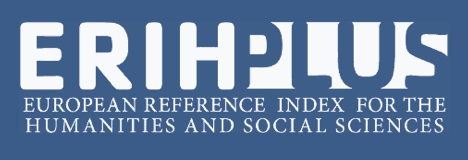Peeling Back the Association between Salesperson Political Skill and Salesperson Performance: Evidence from the Pharmaceutical Sector
Abstract
Existing literature on the association between salesperson personality and salesperson performance is, at best, unequivocal. This research introduces a relatively less explored personality trait (i.e., political skill) to explore additional variance in sales performance and settle inconsistencies in existing findings. Building on the conversation of the resource theory, this research proposes that frontline sales employees’ political skill influences employees’ sales performance, ultimately contributing to the firm’s performance. The hypotheses nexuses are tested using data of 253 frontline sales employees working with national and multinational pharmaceutical firms. A paper and pencil method were used to collect data, in a two-month time interval, from the frontline sales employees. The result indicates that political skill influence frontline employees’ sales performance, such that the sales employees with high political skill can not only understand the tacit needs of customers but such salespeople also effectively communicate and coordinate with internal customers, which complements salesperson while approaching their current and potential customers. These findings confirm the existing literature on political skill and also extend the concept in sales and sales management literature. Besides theoretical contributions, our study also offers insights for effective managerial interventions, particularly for employees and managers working in pharmaceutical firms. Caveats, along with future directions, are also outlined.

This work is licensed under a Creative Commons Attribution-NonCommercial 4.0 International License.













.jpg)








